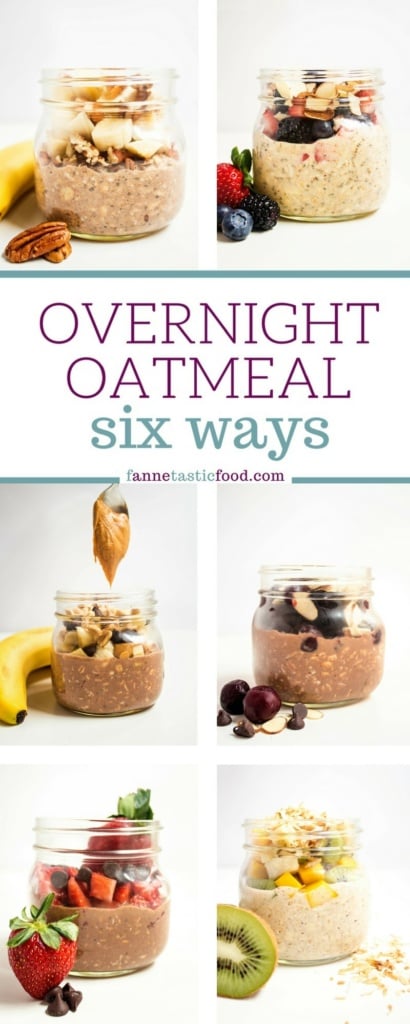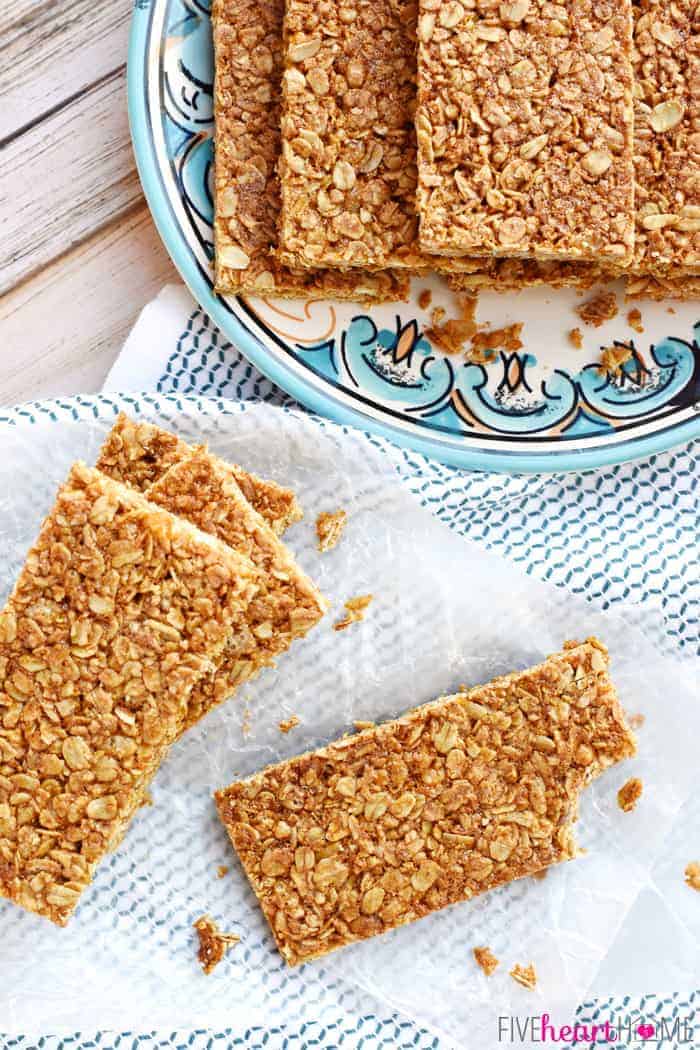Getting your babies to their well-baby visits helps them be their healthiest. These visits with your doctor are for a full checkup to make sure they’re healthy and developing normally. This is different from other visits for sickness or injury.
Your baby needs to go to these visits at:
- 1 month old
- 2 months old
- 4 months old
- 6 months old
- 9 months old
What Happens at Well-Baby Visits
Your child needs to have regular well-baby visits with their doctor to focus on their development, health, and wellness. At the appointment, some of the basics your doctor will cover are:
- Checking that your child is developing at a healthy rate and tracking their history
- Getting a physical exam
- Staying up to date with their preventive care
- Getting education and counseling
- If needed, setting health goals
Your Baby’s Development
Your baby’s doctor can help you keep track of your baby’s key developmental milestones, which can include physical, mental, social, and language skills.
At each visit, your doctor will ask you questions to help make sure your baby is reaching milestones on schedule. This can help them recognize signs of problems early on and put your mind at ease.
Each child grows differently. Some babies barely crawl and transition right to walking. Most of these situations aren’t a sign that something’s wrong. Your doctor can help you understand what differences could be because of something serious.
By 1 month, most babies:
- Are growing and gaining weight
- Move their arms and legs the same on both sides
- React to sounds
- Have the reflex to suck
By 2 months, most babies:
- Lift their heads when lying on their stomachs
- Look at faces and close objects
- Smile at people
- Touch their mouth with their hands
- Make soft sounds, like cooing
See more milestones for 2-month-olds.
By 4 months, most babies:
- Roll over from stomach to back
- Reach for and grab toys
- Have different cries for different feelings
- Babble
- Copy expressions and sounds
- Recognize parents’ voices and touch
See more milestones for 4-month-olds.
By 6 months, most babies:
- Start sitting without support
- Roll over from both stomach to back and back to stomach
- Sleep through 6 to 8 hours
- Begin teething
- Show interest in and reach for objects
- Respond to their names and look at themselves in mirrors
- Recognize if someone is a stranger
See more milestones for 6-month-olds.
By 9 months, most babies:
- Crawl
- Can sit for a long time
- Feed themselves with their fingers
- Have favorite toys they throw, shake, and play with
- Play games like peek-a-boo
- Understand “no” and wave goodbye
See more milestones for 9-month-olds.
Health Information & History
At well-baby visits, your doctor will ask you to answer some questions about your baby’s health, and maybe even your family history.
Health questions, like:
- How many diapers do they go through each day?
- Do they spend time around smokers?
Eating habit questions, like:
- How are you feeding them, and how often do they eat?
- How is breastfeeding going?
Activity questions, like:
- How often do you read to them?
- Do they copy your movements and sounds?
Safety questions, like:
- Has your home been inspected for lead?
- Does your water have fluoride?
- Do you have a car seat?
- Have you baby-proofed your home yet?
And family questions, like:
- Who can you count on to help you with childcare?
- Do you have a family history of any serious childhood illnesses?
Physical Exam
At your child’s appointments, you can expect their doctor to:
- Measure their height, weight, and the size of their head
- Check their body and limbs
- Take their temperature
- Check their eyes and hearing
- Give them any shots or screenings they need
Education, Counseling & Health Goals
Your baby’s doctor can help you with important information about caring for your baby, managing any conditions or diseases they might have, and preventing future problems.
Their doctor might have valuable handouts, websites, and advice to help or might want to refer you to a specialist who can help with specific issues further.
Their doctor can also help you set health goals to maintain or improve your baby’s health, like maintaining a healthy weight.
Prepare for Well-Baby Visits
Preparing yourself with questions to ask and answers to your doctor’s questions can help you make the most of your well-baby visits.
Know Your Family and Baby’s History
Make sure you bring any medical records you have, especially to their first appointment, including a record of shots and newborn screening results.
You should also make a list of any important changes in your baby’s life, like being sick or hurt, changing caregivers, or starting daycare.
Your family’s history of health and wellness is also an important part of your baby’s health record. Histories of illness and disease can help doctors look out for issues that run in families and more.
This family health history tool can help you track your family’s health, so that you’re always organized to talk to your baby’s doctor. Not sure about your family history? Filling this out is the perfect time to talk to family members for firsthand details.
Talk to Your Doctor
Prepare for your well-baby visits by knowing any questions or issues you want to talk about ahead of time. Some things you might want to ask about:
- Worries about your baby’s development
- Growth and normal development
- Sleep or activity schedule
- Changes you can expect in the coming months
- Breastfeeding and if they’re getting enough to eat
- How and when to start solid foods
- How to brush their teeth
- Home safety
- Preventive care they need
- What to do if they get sick
Know What’s Covered
Learn more about what immunizations are covered for your children. And log in to Your Health Alliance or search by your or your child’s member number to see what children’s preventive care your family’s plan covers.
You can use our general preventive care guidelines and prescription drugs to get an idea of what our plans cover.
If you’re not sure what’s covered and what you’ll need a preauthorization for, you can check your coverage and preauthorization lists at Your Health Alliance.
Now that you’re ready for your children’s physicals, log in to Your Health Alliance if you need to set a Primary Care Provider (PCP) for your child or start searching for doctors in our network.
The post Well-Baby Visits appeared first on Health Alliance Blog - Helping You Be Your Best.




























































